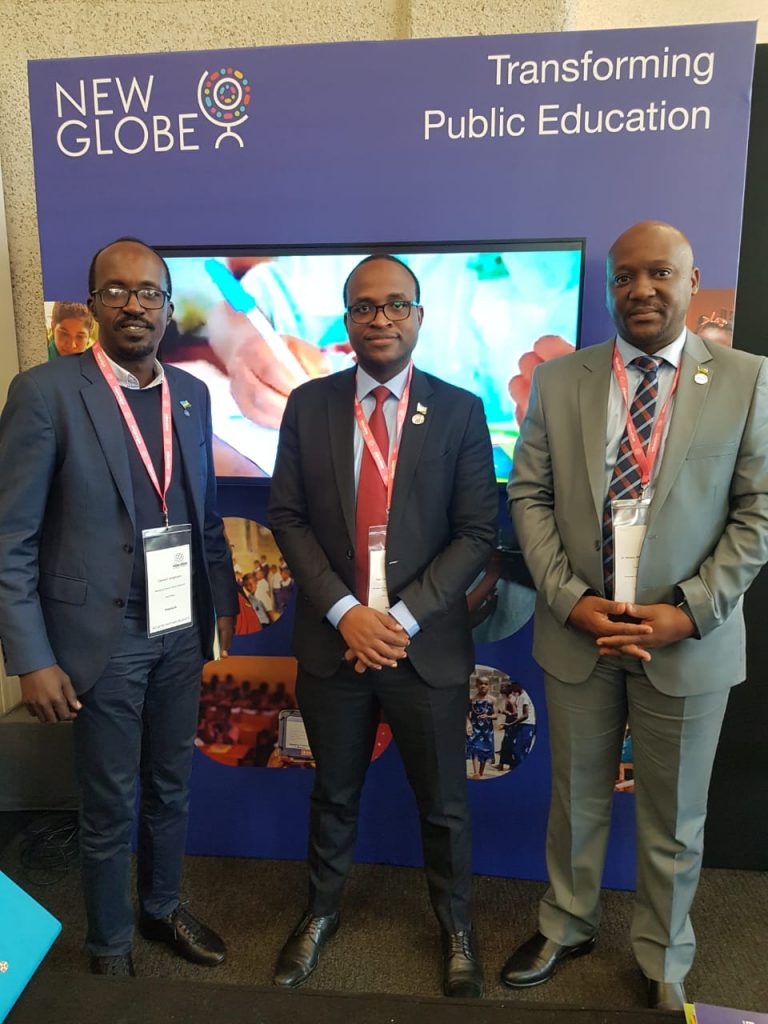Rwanda joined education ministers, policymakers, and leaders in academia from over 100 countries that gathered in London to attend the first in-person Education World Forum in two years.
This year’s conference is themed “Education: building forward together; stronger, bolder, better”.
This major global education summit comes at a critical time when the world faces a learning crisis that was exacerbated by the Covid-19 pandemic. According to UNICEF, in low- and middle-income countries, learning losses to school closures have left up to 70% of 10-year-olds unable to read or understand a simple text, up from 53% pre-pandemic.
While we have returned to in-class instruction, it should not be business as usual. In our pursuit to improve quality education, government, policymakers, and stakeholders should be delving deeper into some of the critical issues that can mitigate the pandemic’s long-term impact on teaching and learning.
In Rwanda, the importance of quality education cannot be undermined.
The Rwandan delegation to the Education World Forum was led by Hon. Gaspard Twagirayezu, the Minister of State in charge of Primary and Secondary Education, Dr. Nelson Mbarushimana, the Director-General Rwanda Basic Education Board, and Clement Uwajeneza, the RwandaEQUIP Managing Director. The delegation shared with participants how the Government of Rwanda has been making policy decisions and bold investments to increase educational attainment and ensure that all students achieve their full potential. Rwanda is now implementing a competency-based curriculum that focuses on student-centered teaching. Some of these initiatives are gradually bearing fruits.
One of the most recent bold steps taken by the Government of Rwanda to close the learning gap is the introduction of Rwanda Education Quality Improvement Program (RwandaEQUIP), which is Rwanda’s transformative program that is expected to make the country’s basic education system globally competitive. The program is leveraging technology to transform the learning experience in public schools by delivering better learning enabled by technology (teacher tablets); improving learning outcomes through data-driven technology; increasing access to high-quality learning materials; training and coaching of teachers and school leaders; child-centered classroom practice; and improved parent engagement. The program is currently being implemented in 100 public and government-aided primary schools and by the end of 2024, RwandaEQUIP will be operational in over 700 schools targeting a million children.
As we seek to build back better from the pandemic, the forum is an opportunity for countries to reflect on what else needs to be done to fully achieve the ambitions of SDG4 on inclusive and equitable quality education and lifelong opportunities for all. Let us get back to the drawing board and take stock of the lessons drawn from our response to the pandemic. The magic pill toward building better education systems is visionary leadership and concerted, sustained action by stakeholders. It is evident that we need to urgently invest in building impactful partnerships and programmes that deliver and accelerate quality learning at scale. We should initiate and accelerate innovation that aligns policies, teaching, infrastructure development, and creating digital equity. This is just one of the keys to tackling learning poverty.



